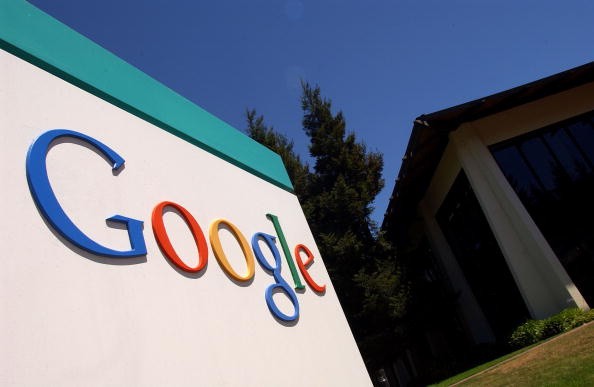Google is currently losing its control over Chrome's core. To deal with this problem, it is now inviting Microsoft, Samsung, and Brave to help it build Chrome's foundation.

Google calls them "Web Allies," which will help it build competitors while improving the search engine company's vision of the web. CNET reported that Google invited the first outside developer into its Chromium project for the past six months. The companies will lead the software that powers the similarly named browser.
Chromium project is also providing the outsiders with access to its previously proprietary software development system. The subsidiary also enables outside features even if Google doesn't incorporate them into the flagship Chrome browser.
Google's new Chromium is an open-source software
Since Google's new Chromium allows anyone to modify and use it, this means that it will be open-source software. Although this is the case, the outside developers will have a hard time convincing project organizers to accept their additions and changes.

Also Read : Gmail Adds Privacy Checkup Settings and Smart Features - Here How to Activate Smart Settings
This will make it even more difficult for them to benefit and contribute. Earlier this week, the search engine giant found it hard to draw attention to the changes during the BlinkOn conference.
"It's really cool to see so many people and groups with different priorities coming together and finding solutions that not only meet their individual agendas but also advance the common goal of improving the web," said Danyao Wang, a Google Chrome's engineer via CNET.
Google Chrome is a native app on Apple M1 MacBook
According to Ars Technica's latest report, Google Chrome became a native app on Apple M1 devices. These include M1 MacBook Air, MacBook Pro, and Mac Mini systems.
Google started offering it for download as as either an M1 native or an x86_64 package option. However, this seems to be a little odd because the M1 native version is actually a universal binary, which functions on either traditional Intel Macs or M1 gadgets.
For more news updates about Google, always keep your tabs open here at TechTimes.
Related Article : Apple Silicon Macs Will Receive Special Google Chrome Version Download Updates to Optimize on New M1 Chips!
This article is owned by TechTimes.
Written by: Giuliano de Leon.




